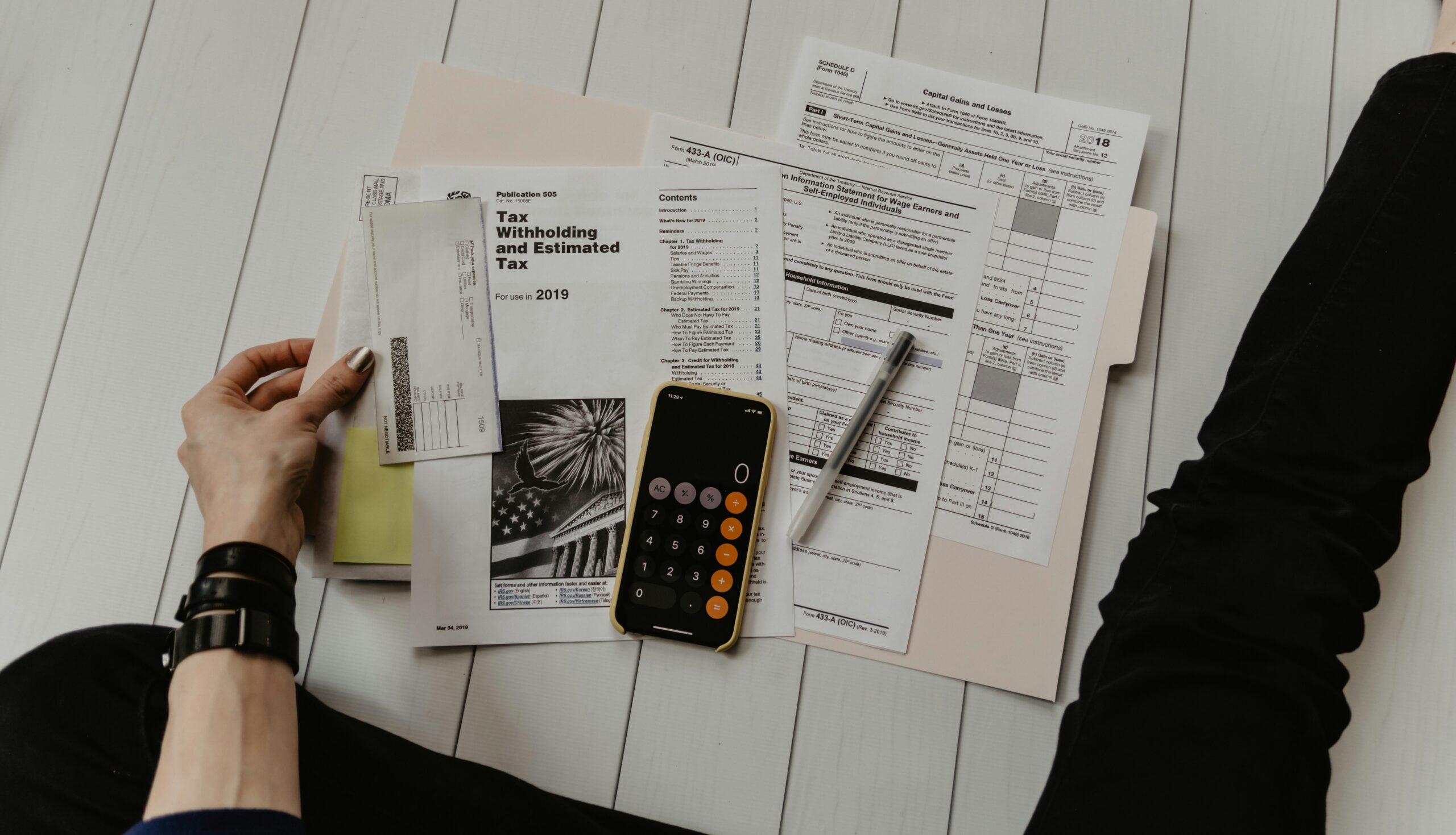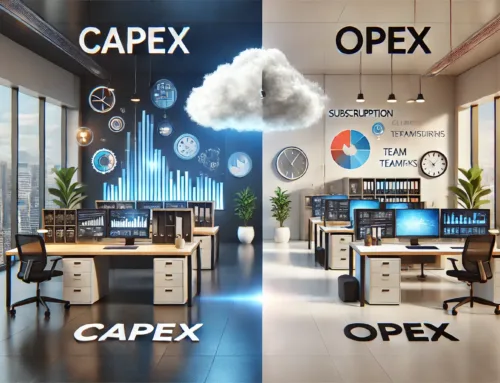While freelancing in Australia gives great freedom and flexibility, it also carries the need for properly handling taxes. Unlike regular workers, freelancers have to manage their tax responsibilities on their own, which is why they must stay in compliance with the Australian Taxation Office (ATO). Ignoring this could lead to unanticipated debts, fines, or even legal trouble.
Developing a solid online presence will help you to position yourself for success as a freelancer. Along with bringing in more business, a professional image helps simplify financial administration. To start a website where you can showcase your portfolio and offerings would be a great beginning point. This guarantees correct tax filing by helping you to track income more effectively and gives possible customers credibility.
Understanding Your Tax Obligations as a Freelancer
Unless they register as a company or another business structure, freelancers in Australia are regarded as sole traders. Being a sole trader means you have to have an Australian Business Number (ABN), which lets you properly bill customers and claim tax deductions. You must also file a yearly tax return to record your income and pay your taxes.
For freelancers, another essential component of tax compliance is the Pay As You Go (PAYG) installment system. Based on their expected revenue, freelancers may be required by the ATO to make quarterly PAYG payments. Making these payments guarantees seamless cash flow and helps to prevent fines.
Keeping Accurate Financial Records
Independent contractors must keep meticulous financial records. Documentation of all invoices, receipts, and business expenses guarantees seamless tax filing. Using cloud-based accounting tools can easily create financial reports and help to automate record-keeping. On the other hand, some freelancers would rather pay accountants to manage their taxes to guarantee compliance and maximize deductions.
Additionally, freelancers handling sensitive digital files should ensure proper backup solutions to prevent data loss. Reliable data recover services can help retrieve important documents in case of accidental deletion or system failures.
Establishing a separate business bank account for personal and business funds helps to simplify bookkeeping and avoid confusion come tax season. Keeping records for at least five years is advised as the ATO may review tax returns.
GST and When to Register
If annual turnover is more than $75,000, freelancers must register for Goods and Services Tax (GST). They have to charge an extra 10% on their invoices once registered and send regular Business Activity Statements (BAS). Those below this level can freely register, which could let them claim GST credits on company expenses.
Avoiding mistakes in tax filings depends on the exact tracking of GST-paid and collected transactions. Freelancers should make sure they are correctly billing customers and registering GST as advised.
Claiming Tax Deductions to Reduce Taxable Income
Tax deductions on legitimate business expenses let freelancers lower their taxable income. Common deductible expenses include home office charges, internet and phone bills, professional development seminars, marketing expenses, and business-related travel.
Expenses including rent, power, and depreciation of office equipment can be partially claimed by those who work from home. To maximize deductions and stay in compliance, use one of the many ways provided by the ATO to figure out just how much money you can claim for your home office.
Superannuation Contributions as a Freelancer
Freelancers don’t get employer superannuation contributions, unlike regular workers. Still, freely contributing to a superannuation fund offers tax advantages and long-term financial stability. Making personal super contributions qualifies as a wise investment since the government provides tax benefits.
Making concessional super contributions—up to $27,500 annually—can lower taxable income for freelancers earning over a certain threshold. For qualified low-income earners, the government might also offer co-contributions, therefore enabling them to build retirement savings more efficiently.
Handling Tax Returns and Lodgment Deadlines
The Australian Taxation Office (ATO) has a certain deadline—often October 31 for self-employed people—by which freelancers must submit their tax returns. Those hiring a registered tax agent, however, could get an extended due date. The timeliness of submission helps to prevent interest costs and penalties.
Accurate filing of tax forms is absolutely important as any errors could call for changes or set off an audit. See a tax professional for clarity and peace of mind if you are uncertain about deductions or tax responsibilities.
Final Thoughts
Managing taxes for an Australian freelancer calls for diligence, organization, and proactive planning. Freelancers can maximize their tax situation and stay in compliance by creating a professional website, keeping detailed financial records, learning about their tax responsibilities, and taking advantage of deductions.
Although freelancing offers immense freedom, it also entails responsibilities for properly managing taxes. Starting the correct actions now will help to ensure long-term success and financial security. Freelancers that approach tax management carefully will find themselves in a better financial situation year after year whether they are consulting experts or using digital solutions.


